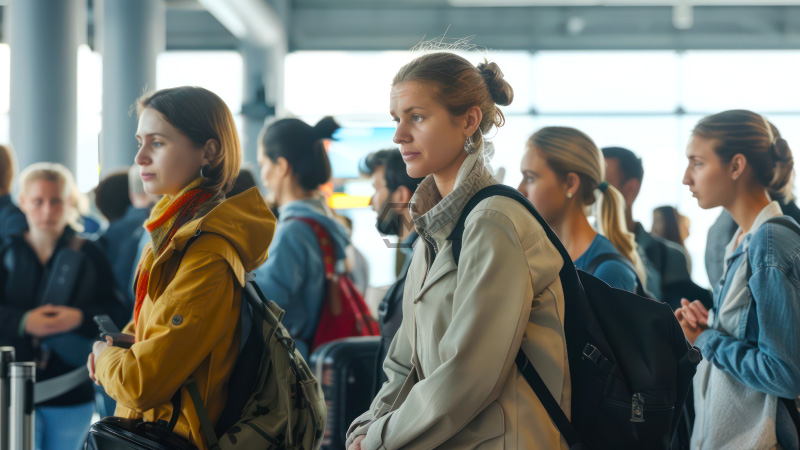- Over 1,400 foreign students face visa revocations without clear justification.
- A federal court issued a Temporary Restraining Order to protect 133 students.
- Universities and civil rights groups rally behind students with legal and financial aid.
A legal storm is brewing across the U.S. as hundreds of international students challenge the government over abrupt visa revocations and SEVIS terminations.
In response, two major federal lawsuits have been filed, and one has already resulted in a significant win. A Georgia judge granted a Temporary Restraining Order. It orders the government to reinstate the student status of 133 plaintiffs for two weeks.
Fighting for Status: Foreign Students Push Back Against U.S. Immigration Crackdown
The lawsuits aim to clarify a legal distinction between a student visa and a student’s lawful status. While a visa allows entry into the U.S., lawful status is maintained by meeting certain conditions like enrollment. Lawful status also depends on adherence to rules. The plaintiffs argue they upheld their end. However, the government terminated their SEVIS records without warning or proper justification.
Attorney Charles Kuck, representing over 130 students, emphasized that bundling the cases was the only viable way to afford legal representation. According to him, filing individually would have been too costly and time-consuming. By grouping the plaintiffs, the case presents a unified legal front against what is described as systemic overreach.
University communities are stepping in to support their international students. Legal aid funds are being raised at institutions like Cornell and University of Maryland to help affected students cover their unexpected legal fees. Labor unions and student groups say these revocations are not only unjust but financially devastating.
The Department of Homeland Security, however, maintains a hard stance. They state that those who break laws or support violence have no right to remain in the country. Critics argue this position unfairly paints all affected students with the same brush. It ignores the lack of due process and absence of serious infractions in many cases.
As legal battles continue, the Temporary Restraining Order provides a short but critical breathing room for affected students. It signals that due process still holds weight in immigration matters—even amid sweeping enforcement actions.
“It seems to be blindsiding both the students and universities.” — Khaled Alrabe, attorney for the National Immigration Project



